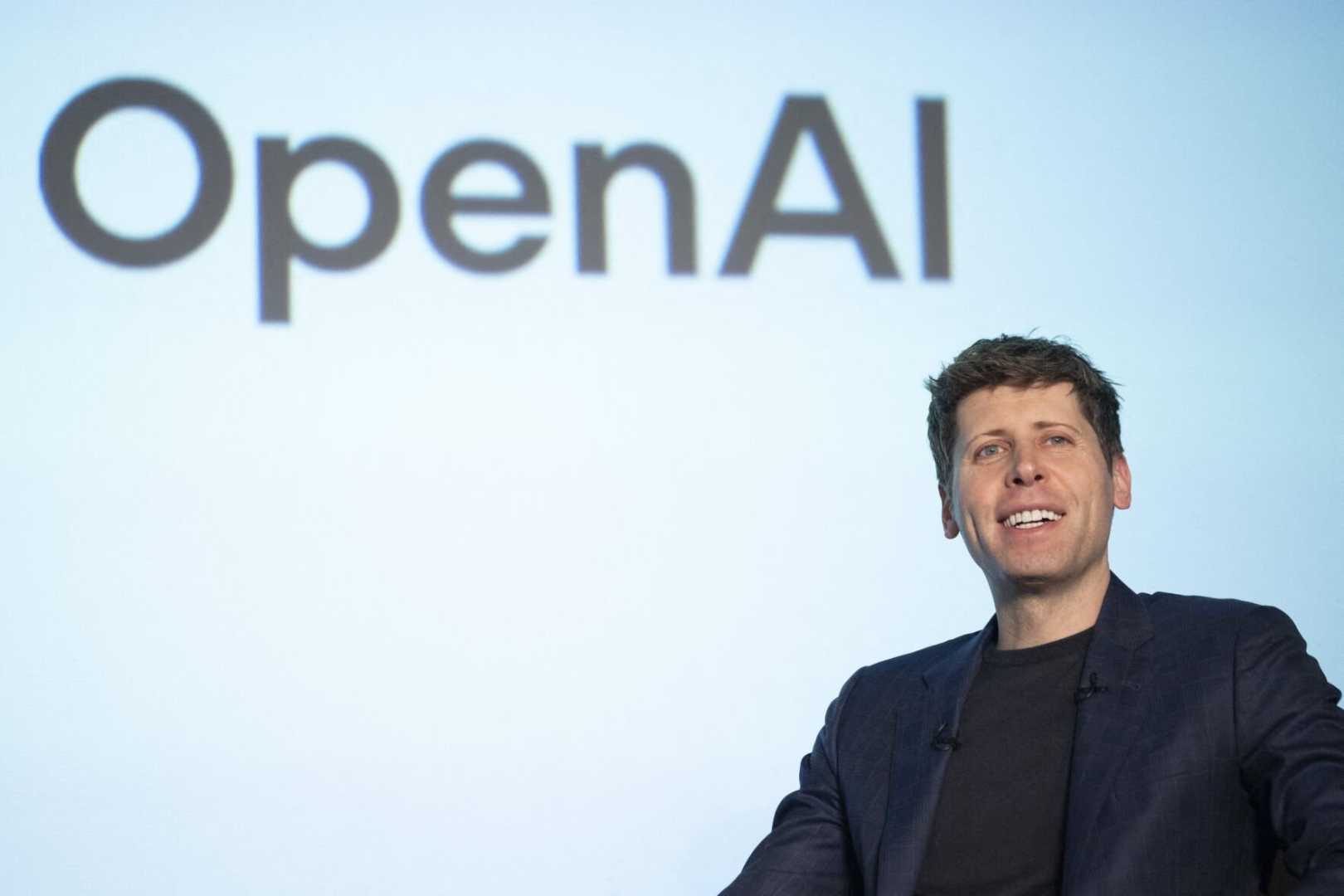Education
OpenAI Offers Free ChatGPT Plus for Students During Finals Season

San Francisco, CA — OpenAI announced Thursday that college students in the United States and Canada can access ChatGPT Plus for free through the end of May, coinciding with finals season. This initiative aims to support students in managing their academic workloads by offering advanced AI features typically reserved for paying subscribers.
Leah Belsky, Vice President of Education at OpenAI, stated, “Today’s college students face enormous pressure to learn faster, tackle harder problems, and enter a workforce increasingly shaped by AI. Supporting their AI literacy means more than demonstrating how these tools work; it requires creating space for students to engage directly, experiment, learn from peers, and ask their own questions.”
The free access includes capabilities such as the GPT-4o model, advanced image generation, and enhanced tools for research and voice interaction. Many college students already use ChatGPT for academic purposes, with 25% of their queries related to schoolwork.
This offer not only emphasizes accessibility but also highlights a growing trend in higher education to integrate AI into learning environments. OpenAI is also launching additional resources to help students become fluent in AI concepts, including ChatGPT Lab, a community platform for sharing ideas, and a hub aimed at building AI literacy.
The decision aligns with a broader shift in how educational institutions view AI, encompassing both its benefits and potential drawbacks. Some experts express concern that reliance on AI tools could detract from deep learning and retention of information.
Recent studies have shown that the number of students using generative AI solutions is increasing, with 63% of Canadian students reportedly using these tools weekly for academics. Despite the advantages, nearly two-thirds acknowledge a decrease in knowledge retention, raising important questions about how universities will assess student learning moving forward.
OpenAI’s initiative also addresses potential inequalities in access to educational resources. As such tools can be expensive, the temporary availability of ChatGPT Plus may help close existing gaps among students from varying financial backgrounds.
The impact of this initiative will likely extend beyond May, as students who become accustomed to using ChatGPT Plus may face challenges transitioning back to the paid model without ongoing financial support. This raises questions about the future relationships students will cultivate with AI technologies as they progress in their education and enter the workforce.
In contrast to OpenAI’s approach, rival AI companies such as Anthropic are also seeking to penetrate the educational market, recently unveiling their own AI products for higher education institutions. The competitive landscape emphasizes the importance of capturing student loyalty early in their academic careers, which may influence their future choices in the workplace.
As university settings evolve, institutions are beginning to advocate for assignments that foster creativity and critical thinking, adapting to the integration of AI tools like ChatGPT. The challenge lies in defining the boundaries of AI usage in academia to ensure that educational integrity is maintained.
Students can register for free access to ChatGPT Plus by visiting OpenAI’s designated page and verifying their student status through SheerID, a platform designed to confirm student identities. This high-stakes maneuver provides unprecedented opportunities for millions of students to enhance their learning experience as exams approach.












